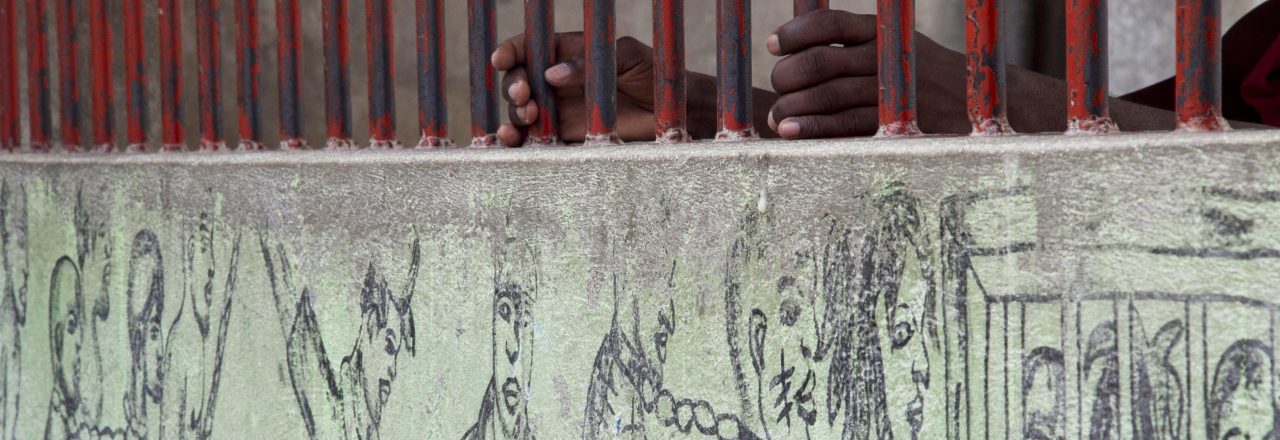
Human rights groups call for the release of detainees at risk amid coronavirus crisis
The increase of coronavirus cases in the Middle East and North Africa has led to growing demands for detainees across the region to be released from overcrowded and unsanitary detention facilities, where the threat of virus contagion is higher. According to the International Committee of the Red Cross (ICRC), prisoners are at a higher risk of transmitting COVID-19 due to conditions of detention, which often have inadequate ventilation, are overcrowded and have a weaker health systems. On 25 March, UN High Commissioner for Human Rights Michelle Bachelet demanded that all governments urgently act to “to protect the health and safety of people in detention and other closed facilities, as part of overall efforts to contain the COVID-19 pandemic.” In Egypt, Amnesty International, together with other national campaign groups, called for the release of human rights activists, “journalists and peaceful critics held simply for expressing their opinions or peacefully protesting”, as well as vulnerable pre-trial detainees. In Syria, the same request was made in a letter signed by 43 human rights organisations. Similarly, Human Rights Watch demanded that Libyan authorities release, among others, people who are unjustly or arbitrarily detained, as well as children and people with disabilities. On 29 March, 450 prisoners were indeed freed from facilities in Tripoli. Just a few days before the Arab League requested that Israel releases elderly and vulnerable Palestinians detained in its jails, while in Lebanon prisoners initiated riots demanding to be released. Finally, In Iran, the most affected country in the region, 85,000 prisoners have been released amid coronavirus fears.
- The Euromed news are edited by the team of the Euro-Mediterranean Policies Department of the European Institute of the Mediterranean -


